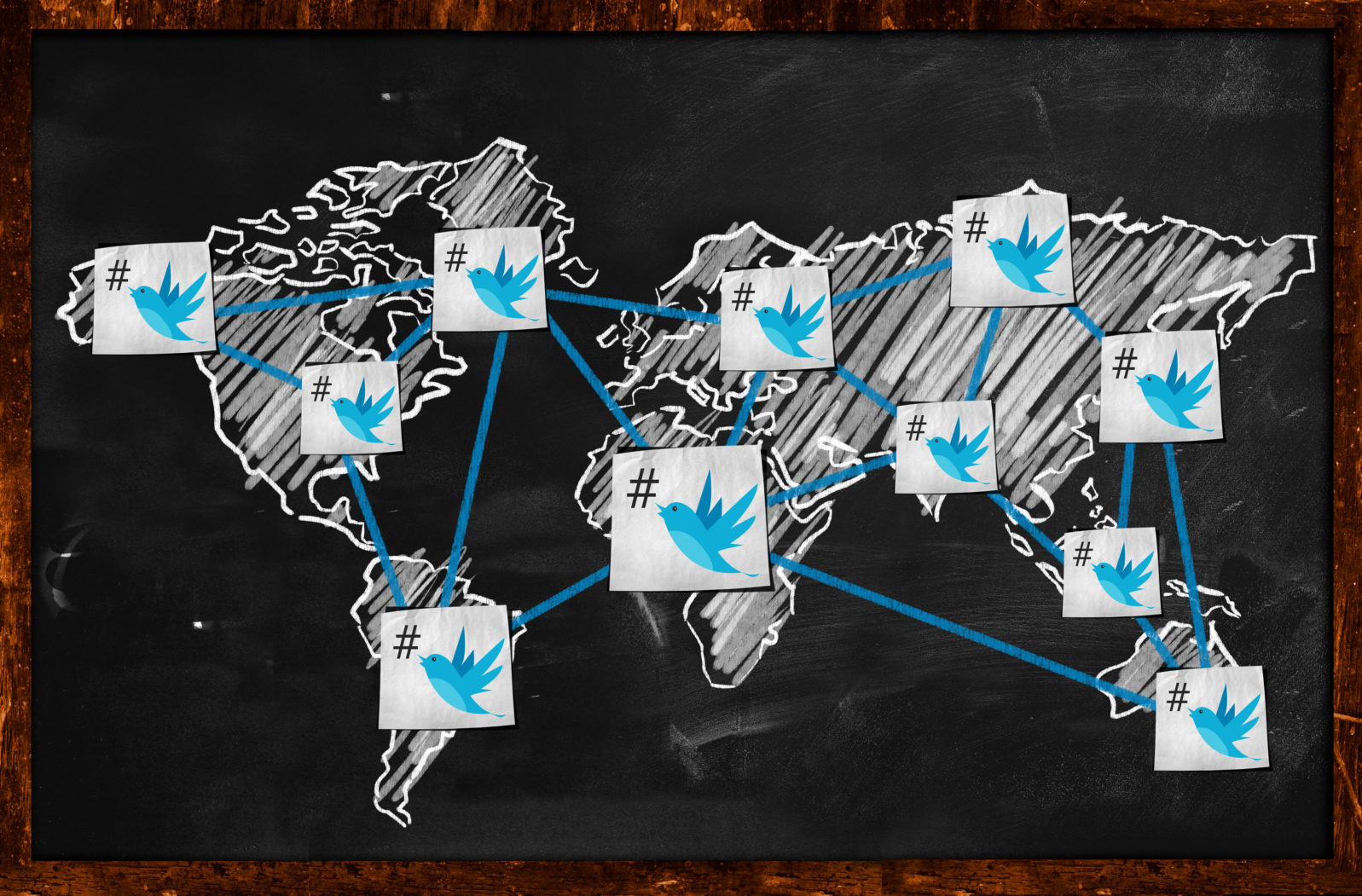Big Social Media Must Appear in A-Gs’ COVID Censorship Lawsuit
Two states’ Attorneys General are suing officeholders and public officials over COVID-19 and have sent subpoenas to Meta, YouTube, Twitter, etc.Missouri’s and Louisiana’s Attorneys General are suing federal government figures over suppression and censorship of COVID-19 information. Meta (Facebook’s parent company), YouTube, Twitter, Instagram, and LinkedIn have been issued third party subpoenas (they are ordered to appear in court).

The lawsuit begun by Missouri Attorney General Eric Schmitt and Louisiana Attorney General Jeff Landry
…requests all communications with Mark Zuckerberg from Jan. 1, 2020, to the present. Also requested were any communications to any social media platform relating to the “Great Barrington Declaration,” a letter published in October 2020. The letter was published in response to COVID-19 policies that recommended “focused protection,” an approach to reaching herd immunity by allowing those at minimal risk of death to live normal lives by building up immunity through natural infection while protecting those at highest risk.
“In May, Missouri and Louisiana filed a landmark lawsuit against top-ranking Biden Administration officials for allegedly colluding with social media giants to suppress free speech on topics like COVID-19 and election security,” Schmitt said in a statement.
Joe Mueller, “Fauci, Biden officials served subpoenas in lawsuit over collusion to suppress free speech” at KPVI (July 20, 2022)
For Big Social Media, huge fines are a chance to sort their pocket change. But the litigants mainly want to get hold of documents that shed light on patterns of suppression of information around COVID:
The lawsuit accuses government officials of working with Twitter and other major social media networks to suppress truthful information on multiple topics, including COVID-19.
One example outlined is how Fauci, longtime head of the National Institute of Allergy and Infectious Diseases, held a secret meeting with scientists who soon after tried to discredit the theory that the virus that causes COVID-19 came from a Chinese laboratory. At the same time, Fauci, who has repeatedly cast doubt on the so-called lab leak theory and whose agency funded research at the lab in Wuhan, China, was exchanging messages with Facebook CEO Mark Zuckerberg on how COVID-19 information on social media was handled…
The documents reference how Jen Psaki, Jean-Pierre’s predecessor, told a briefing in July 2021 that officials are “in regular touch with these social media platforms” and that “we’re flagging problematic posts for Facebook that spread disinformation.”
Zachary Stieber, “Fauci, Other US Officials Served in Lawsuit Over Alleged Collusion to Suppress Free Speech” at Epoch Times (July 21, 2022)
In related news, in May, the U.S. government’s proposed Disinformation Governance Board — which would work with Big Social Media to suppress “disinformation” — was put on hold due to widespread criticism. It later came out that, contrary to claims, the Board was intended to spy on Americans as well as others.
But how about some sympathy for Big Social Media for once?
Sympathy? For them? That’s in pretty short supply these days. But in fairness, one of the problems of these firms — running global businesses that are bigger than many countries — is coping with the wildly disparate demands of sovereign governments.

Take Twitter, for example. As we just saw, state attorneys general are suing Twitter for engaging in censorship. Meanwhile, Twitter is suing the government of India because it demands more censorship than Twitter is prepared to provide. In fact, governments worldwide had pressured Twitter to censor more, according to its 2020 transparency report.
Meanwhile, Canadian billionaire philanthropist Frank Giustra is suing Twitter for permitting him to be defamed. Here’s the kicker: Canada doesn’t have anything like Section 230 of the Communications Decency Act, on which, in the United States, Twitter might rely for a defense. At the same time, other governments, such as Poland and the state of Florida, have introduced legislation mandating more free speech for residents on Twitter. Note also that Florida, Missouri, and Louisiana are taking action for free speech at the same time as the U.S. federal government wants a Disinformation Board.
It may be a underlying structural weakness for global businesses that they can’t address every cultural demand everywhere and are thus bound to be in hot water in different places for opposite reasons.
Like the rest of the summer, it gets hotter from here on.
You may also wish to read: Google’s most ambitious project to date: Reshaping your thinking. Controlling so much communication — and fired up by ideology — it’s in a better position to do that than many suppose. Joel Kotkin: Google — a censor of information and tied to government — is much less popular now even as it has much more control over what you can know.
